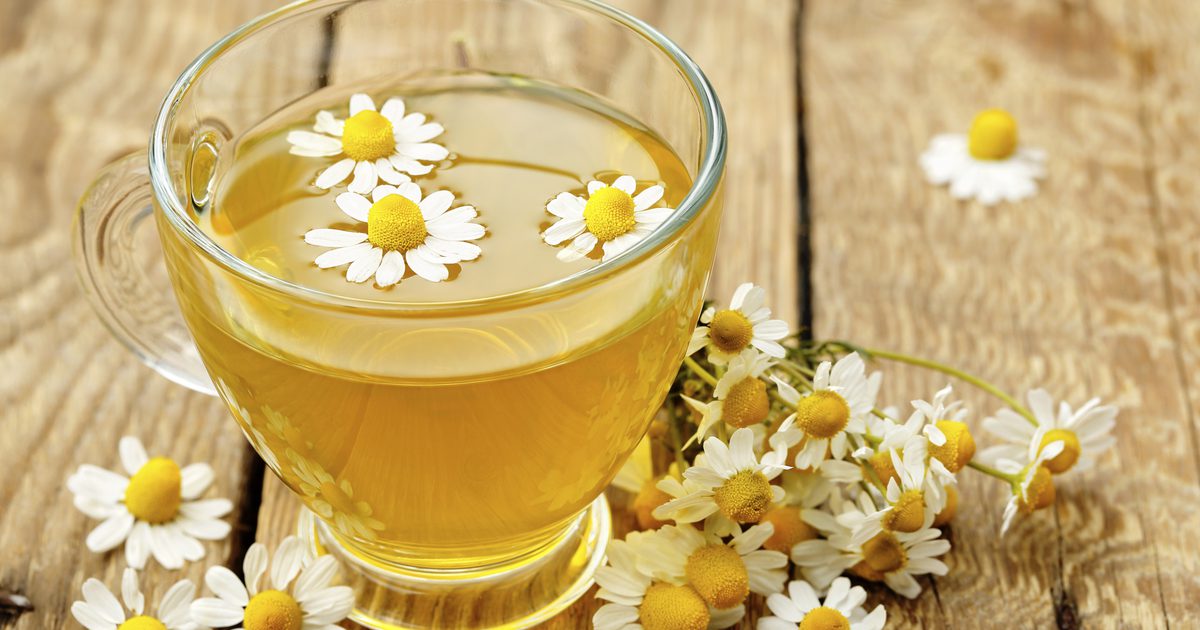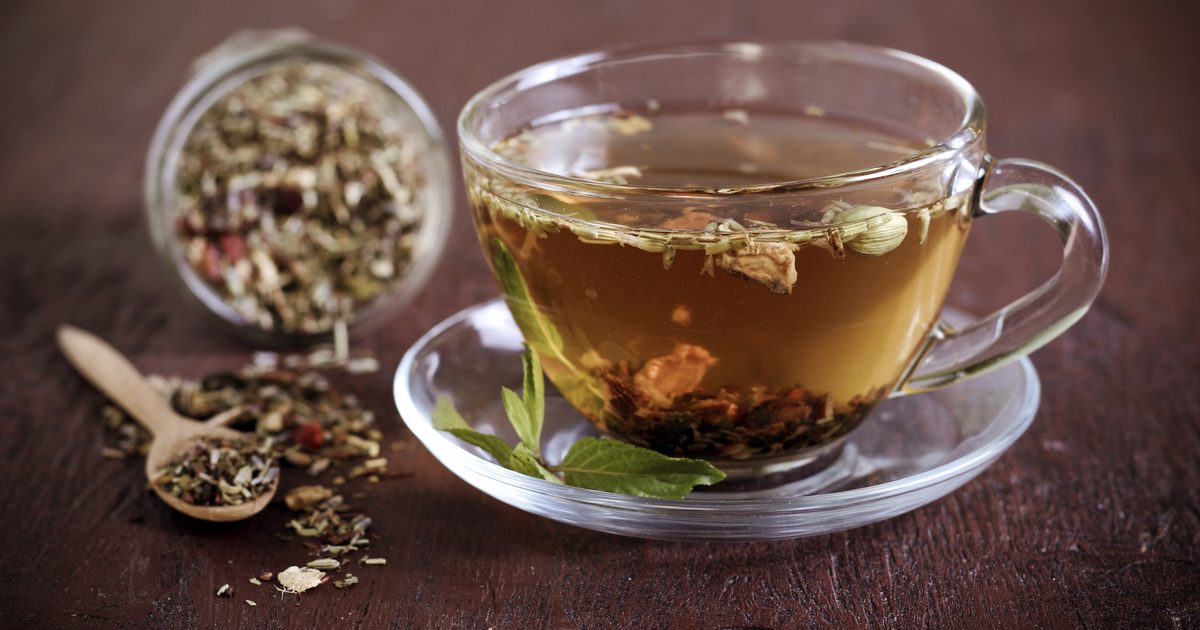Best Teas To Promote Quality Sleep
Having a warm cup of tea before bed can be comforting and can put an individual in the right state of mind before drifting off to sleep. Some scientific evidence indicates the body can absorb nutrients better during sleep, which has many healthy side effects. Teas have a lot of disease-preventing potential, cancer reducing agents, as well as many positive benefits. However, it is imperative to choose a tea that does not contain any sleep-disrupting caffeine. Get to know the best teas to drink to promote a quality sleep now.
Chamomile Tea

Chamomile tea is thought to have numerous medicinal effects for a wide range of health issues. Although it was traditionally used as a folk remedy, the lasting benefits of chamomile have been researched for many years, and it has been found to reduce menstrual pain, lower blood sugar, slow the progression of osteoporosis, reduce pain and inflammation, treats cold symptoms, and treats certain skin conditions. Chamomile tea promotes better sleep quality because it is believed to function like benzodiazepine, which is an anti-anxiety medication that assists with the induction of sleep. Research has found chamomile binds to benzodiazepine receptors, which are what help an individual feel relaxed enough to fall asleep.
Valerian Root Tea

Valerian root is an herb indigenous to Europe and certain parts of Asia. Due to its sedative-like effect, it is often used for treating insomnia and various other sleeping disorders. Studies have proven valerian extract taken up to two hours before going to bed helps an individual fall asleep fifteen to twenty minutes faster. Because valerian root tea has such strong sedative type of properties, it is not recommended to drink in conjunction with alcoholic beverages. The side effects for this type of tea are also not the most favorable, ranging from stomach problems and headaches to grogginess and heart disturbances.
